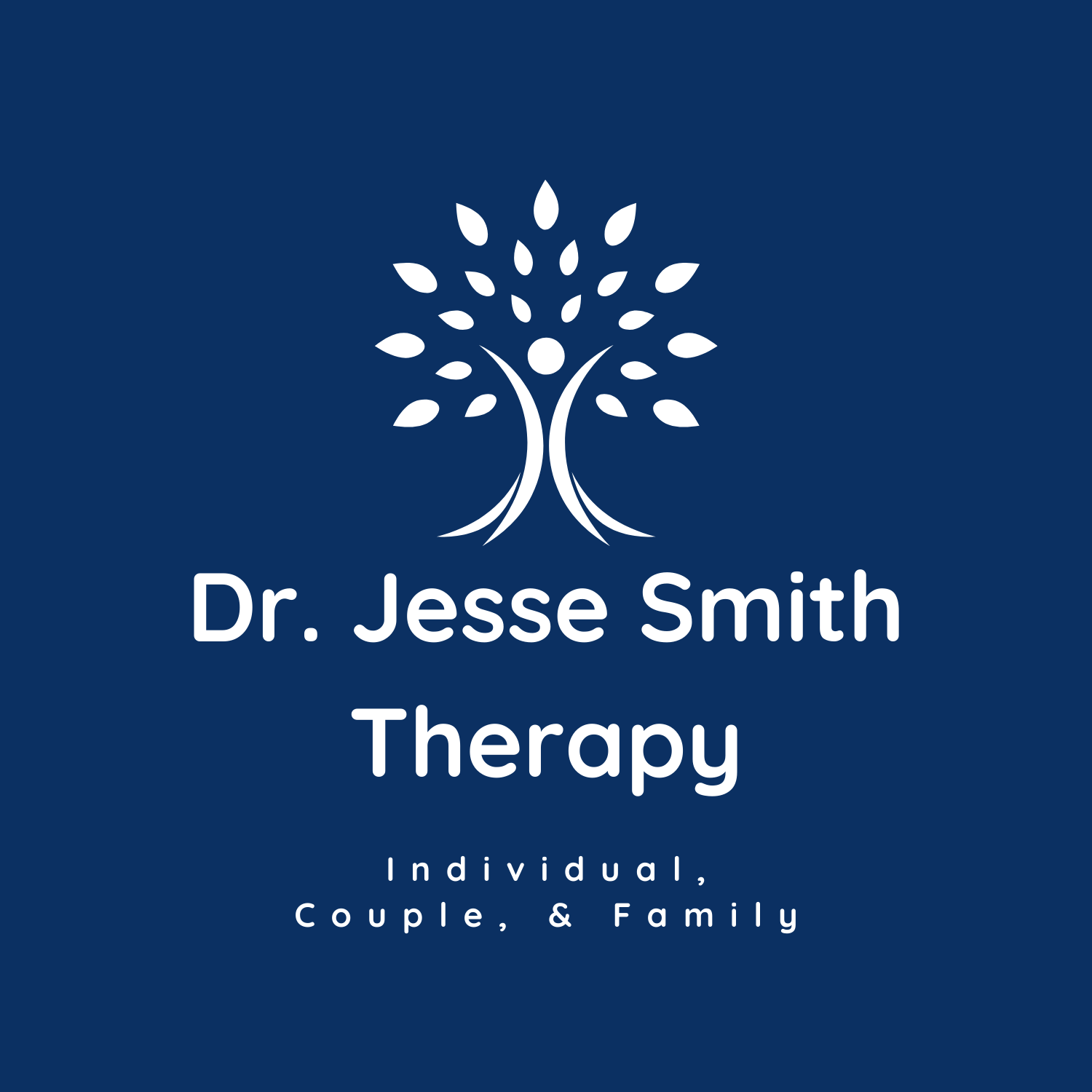Addiction & Recovery Therapy
Virtual Counseling in Philadelphia
Whether you’re battling a problem with drugs or alcohol; or you struggle with compulsive behaviors like gambling, shopping, or sex - the right treatment can make a huge difference in leading a fulfilling life in long-term recovery. Addiction therapy helps people at any stage in the recovery process from questioning whether there’s a problem to feeling stuck along the way. Get help from a therapist who gets it because he’s been there. Schedule a 15-minute consultation to learn more about Addiction & Recovery Counseling.
Flexible Approaches to Recovery
Abstinence Approach
Abstaining from your addiction is the most common form of addiction treatment. An abstinence-based approach means you completely abstain from your vice of choice.
Moderation Approach
Sometimes called a “harm-reduction approach” it involves prioritizing a reduction in the negative consequences that occur in addiction. In some cases, this approach can be successful.
Tailored Treatment Plans
Addiction and recovery shouldn’t have a one-size-fits-all approach. Your recovery treatment plan is designed to fit your needs at the start and throughout the recovery process.
Common Addictions & Compulsions
While most of my experience is working with people who have substance use problems, I can help clients who struggle with other compulsions overcome their addictions.
-
The most common addictions I treat involve substance use like drugs or alcohol.
-
Gambling addictions are on the rise and can be overcome with the right treatment plan.
-
A shopping addiction is likely the most socially acceptable addiction. When someone shops compulsively, they may feel like they have no control over their behavior.
-
An addiction to sex can equate to excessive sexual thoughts and desires, urges or behaviors that cause stress and harm relationships because they can’t be controlled.
-
An addiction to money can be found in gambling, overspending, shopping, and excessively saving because it’s relies on an unhealthy dependence on money.

The path to recovery shouldn’t be taken alone. It requires support along the journey.
Seeking recovery from addiction may require a flexible approach. Some people do very well with a hardline abstinence and 12-step approach but others have different needs. Forcing someone into abstinence won’t help which is why I believe in client autonomy. However, for recovery to work, you need to be motivated and ready to change. And you can’t do it alone.
How do I know this? I’ve been there.
If you’re ready to take the next step towards long-term recovery, let’s see if we’re a good fit for each other - schedule a free 15-minute consultation.
Support for those affected by addiction.
While people in recovery need support, they aren’t the only ones who need help. If you're concerned about a loved one's substance use problem, I'm here to assist you as well. Drawing from my personal experience and evidence-based addiction treatment approaches, I provide individual and family therapy to help you protect yourself, avoid enabling behaviors, and guide both you and your loved one toward the necessary resources for treatment and recovery. My objective is to facilitate healing for both of you together.
Dr. Jesse Smith, Ph.D, LMFT
With the right treatment, you can overcome your addiction with long-term recovery and lead a fulfilling life.
Addiction & Recovery FAQs
-
I meet with clients virtually over a secure video chat. My clients are mostly from the Philadelphia-area but I accept clients from all over Pennsylvania.
-
All sessions are currently being conducted via secure, HIPAA-compliant video platforms. In-person sessions are not offered at this time. The decision of whether to seek therapy via in-person sessions or virtually is a personal one with pro’s and con’s for each option. See our blog post about Online vs. In-Person Therapy for more information.
-
For a standard 50 minute session, the rate is $150 per session.
Payment is due at the time of service via credit/debit card or HSA card. A card on file is required and there is a $75 fee for missed appointments or late cancellations. While we do require payment at the time of service, it is possible to seek out of network reimbursement from your insurance provider. We are happy to offer superbills to provide to our insurance company for reimbursement. If you plan to seek out of network reimbursement, we suggest contacting your insurance provider ahead of time to determine if your plan provides for out of network reimbursement for mental health sessions and for what amount.
See our blog post about Insurance vs. Private Pay for more information.
-
There aren’t any types of addiction that I won’t work with but there are some people who need a higher level of care than I can provide. An example of this would be high-risk clients who put themselves or others in danger and are unable to manage their current situation.
-
Sometimes those who love us want us to recover when we’re not ready. So, if someone is being pressured into therapy by another person, recovery won’t be possible until they are ready. However, if the person struggling with addiction starts therapy and there is something they want to work on, it’s a starting point that we can work on together.

